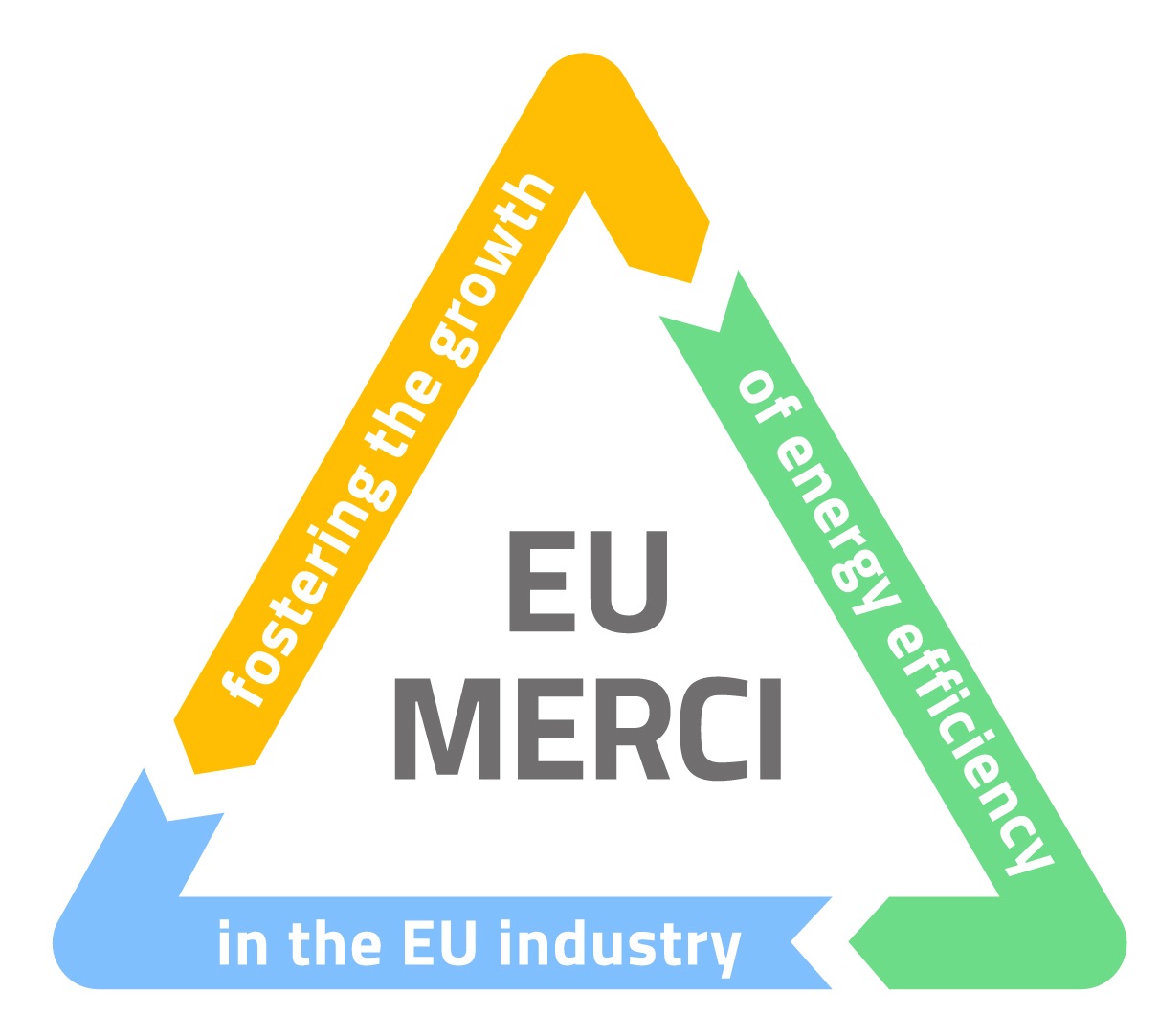In two years 2,900 energy efficiency projects have been collected and cataloged in a database freely accessible by industries wishing to invest in energy saving
After two years of activities, the EU-MERCI project, co-financed by the EU Horizon 2020 programme, concludes its work positively, establishing itself as a real guide to energy efficiency investments for the industrial sector. Companies wishing to implement energy efficiency measures can rely on the wide set of products implemented by the project: factsheets for the main industrial sectors, reports on the potential in different EU countries and per industrial sector, opportunities linked to the policy measure available at EU level and, above all, the European Industrial Energy Efficiency good Practices (EIEEP) platform. After collecting around 2,900 projects in several EU countries (mainly Austria, Italy, Poland and United Kingdom), the project partners have created the EIEEP platform to provide companies, associations and practitioners with hints and information on the “Good Practices” for energy efficiency in the industrial sector.
The platform is divided into three main sections:
- “Database”: contains data on the available energy efficiency measures, as identified and validated in EU-MERCI;
- “Library”: highlights, for different sectors and manufacturing processes, the “Best Practices” from literature and the “Good Practices” identified in the EU-MERCI project; it also makes factsheets and country and sectoral reports available;
- “Surveys”: presents the findings of the surveys carried out on various stakeholders (companies, ESCOs, sector associations).
The “Good Practices” have been validated by various industrial actors, in order to assess their applicability and sustainability. Besides, they have been assessed according to the different EU policies, to understand which incentive mechanisms are available to promote their application.
EU-MERCI results were presented at the final conference of the project held in London on January 23th, whose proceeding are available on www.eumerci.eu. The event was an opportunity to show the implemented activities and the available products and to discuss the project’s outcomes. Issues and solutions related to financing and energy efficiency policies were also addressed. In this respect, the European Commission Project Advisor presented some tools to support energy efficiency in industry, available through the Horizon 2020 Energy Efficiency Calls.
Furthermore, EU-MERCI has established a close collaboration with EEFIG (Energy Efficiency Financial Institutions Group), which has developed the DEEP platform (https://deep.eefig.eu). DEEP is an open source database that is a support for monitoring the performance of energy efficiency investments, making comparisons and finding out how much it can be profitable to invest in energy efficiency projects. Collaboration between EU-MERCI and EEFIG will allow to encourage the implementation of energy efficiency measures. Other partnership are under discussion, aimed at improving the EIEEP platform over time. Interested stakeholders can contact the project at the address given below.
With its 2,900 projects collected and made available to external users at the moment, the Database developed in EEEIP contains the largest public collection of energy efficiency projects in Europe. Industry plays a key role in achieving EU 2020 and 2030 targets, but it is necessary to focus on most effective solutions, enabling high savings to be achieved, and ensuring an adequate and satisfying economic return on investment.From this perspective, the dissemination of the EU-MERCI know-how on energy efficiency in industry will continue after the end of the project, allowing all interested parties to access detailed data on the measures implemented in their countries or in other ones, through the EIEEP platform, and allowing industries to have a background from other companies in the same or other sectors.
